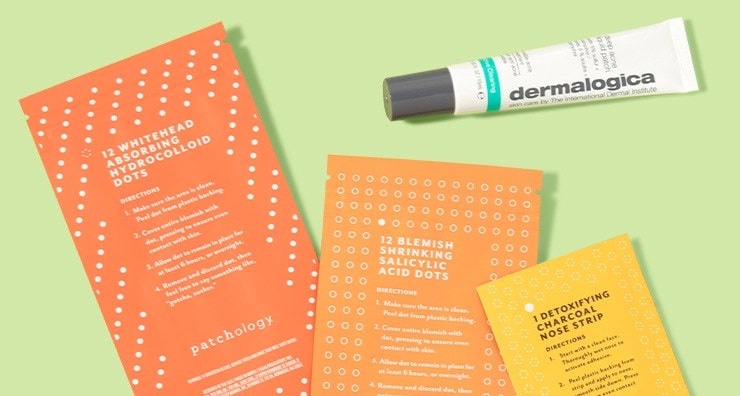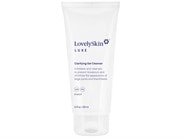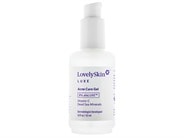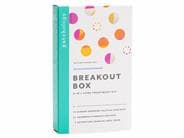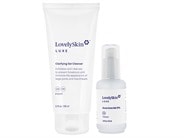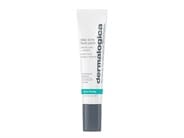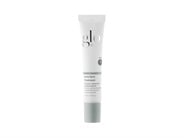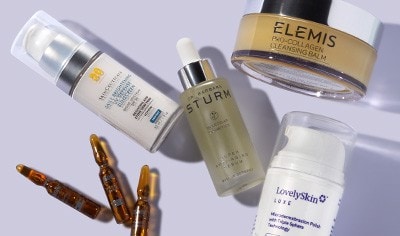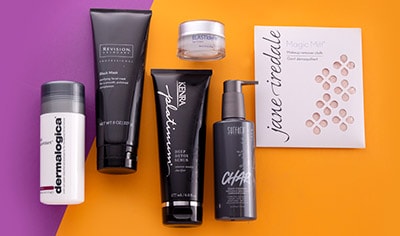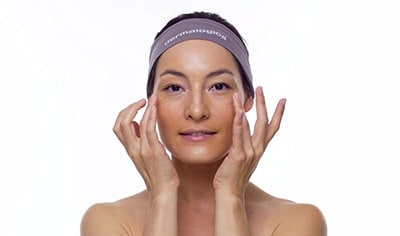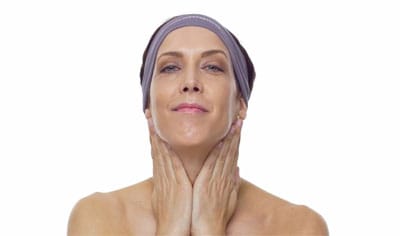Pimple patch, zit sticker, acne dot—whatever you call them, these tiny yet mighty acne fighters have burst onto the skin care scene in recent years in a big way. That said, do they work? The short answer is yes.
Pimple patches are designed to help treat some types of acne, but there’s more you should know before giving them a try. We enlisted LovelySkin CEO and board-certified dermatologist, Mohs surgeon and cosmetic surgeon Dr. Joel Schlessinger to provide insight on topics including:
Most of themare commonly made from hydrocolloid dressing, which has an outer layer that acts as a barrier with an inner layer made of gel to protect the skin and help it heal. A hydrocolloid pimple patch differs from a traditional adhesive bandage with sterile gauze that you would use to cover a cut or a scrape.
They work to help treat acne in a few different ways. First, the pimple patch forms a seal that helps keep out dirt and bacteria that could further aggravate the blemish. Next, let’s be honest: It can be hard to resist touching or picking at a swollen pimple. Therefore, acne patches provide a physical barrier over a zit, so you (literally) can’t touch it.
While the outer layer of a pimple patch protects your pimple from the outside elements, the inner layer is doing a different job to help the blemish heal. “Hydrocolloid dressings are used in hospitals for wound care,” Dr. Schlessinger says. “They work by drawing fluid out of a wound to encourage the healing process. When you put a hydrocolloid patch on a pimple, it helps draw out the pus and excess oil, so it can heal.”
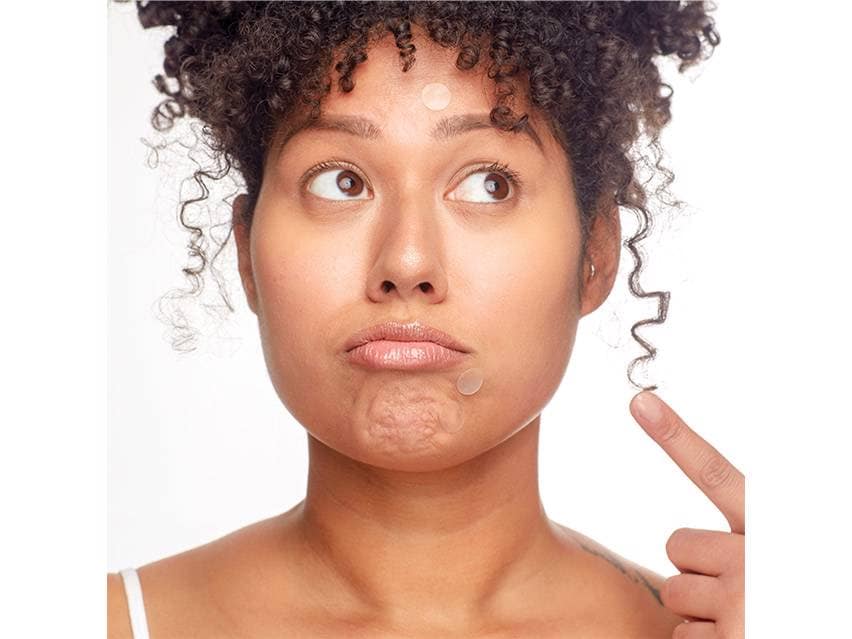
There are generally two types of pimple patches: plain hydrocolloid patches and those with additional active acne-fighting ingredients, similar to a topical spot treatment. The Patchology Breakout Box, for example, contains plain hydrocolloid patches as well as ones with salicylic acid, which helps unblock clogged pores, and tea tree oil, which helps improve acne by reducing inflammation.
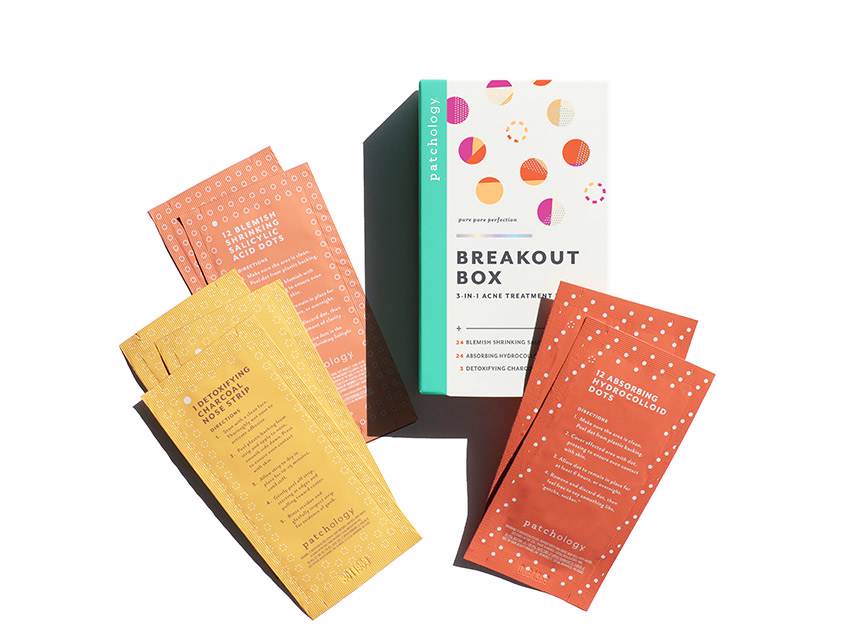
Need to camouflage a red, swollen pimple before a big meeting? Sounds like a job for a pimple patch. “In the case of an oozing pimple, you don’t really want to cover that up with concealer, as that could cause further irritation,” Dr. Schlessinger says.
Because most patches are translucent, they’re not very obvious to the naked eye, and you can even apply makeup over them to help blend them in even more.
Another option that works in a similar way is the Dermalogica Deep Acne Liquid Patch. One minute after application, this gel acne treatment dries to form an invisible patch over your pimple, acting as a semi-permeable barrier to promote healing while keeping out dirt and bacteria. It contains 5% sulfur to absorb excess pore-clogging oil and niacinamide to reduce swelling and redness.
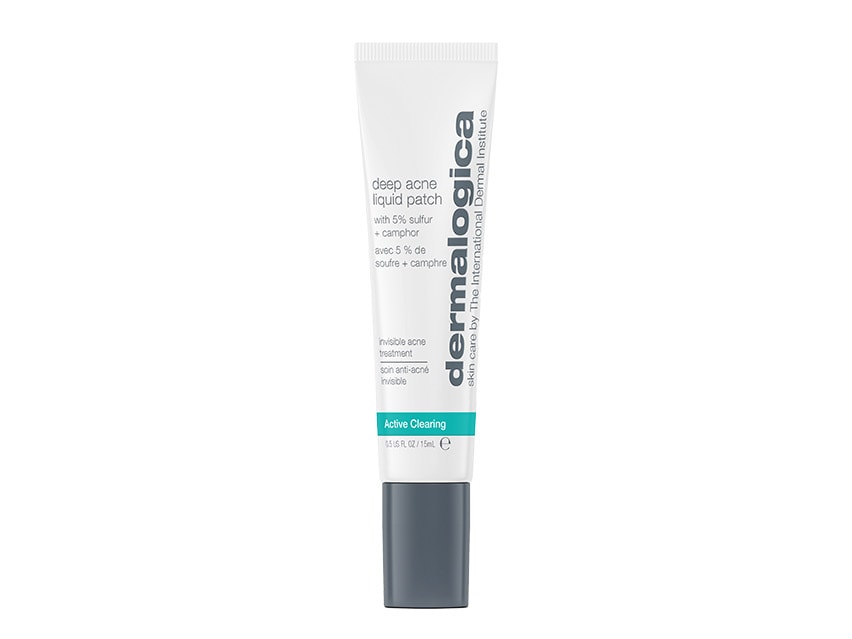
If you prefer a more traditional spot treatment that you can use at the first sign of a breakout, Glo Skin Beauty Acne Spot Treatment combines 5% sulfur with willow bark, a natural source of salicylic acid that helps reduce inflammation.
Applying a pimple patch is a lot like applying a bandage, so you’ll want to follow some of the same practices. It works best when applied to clean, dry skin. As such, make sure to dry your face thoroughly after washing with your favorite cleanser. It’s also a good idea to wash your hands before opening the package and applying to avoid transferring any dirt or bacteria onto your skin or the treatment.
Because they’re so tiny (and sticky!), handling these treatments can be tricky, so we like to use a clean pair of tweezers to peel it off the backing and gently place it on the face before smoothing down with a fingertip.
Depending on the formulation, it can be left on for two to twelve hours, but check the instructions provided with the brand you choose just to be sure. “I wouldn’t suggest leaving a pimple patch on longer than the advised time on the instructions, because that could potentially cause skin irritation,” Dr. Schlessinger says.
Are there any situations in which using a pimple patch isn’t a good idea? “First off, you should avoid putting pimple patches on cold sores or other infections,” Dr. Schlessinger says. “Otherwise, pimple patches are generally very safe to use on acne,” he says. Potential side effects could be an allergic reaction or irritation from acne-fighting active ingredients, such as salicylic acid or tea tree oil. “If you’ve had skin irritation from those ingredients in the past, opt for plain hydrocolloid pimple patches with no additional active ingredients,” he says.
Pimple patches are handy to have in your skin care toolkit for the occasional pimple that pops up here and there, but they’re not the best treatment for all acne, Dr. Schlessinger says. “When it comes to deep, cystic acne, pimple patches aren’t going to be very effective,” he says. “For moderate to severe acne, I recommend visiting a board-certified dermatologist who can prescribe the right combination of treatments for your particular case.”
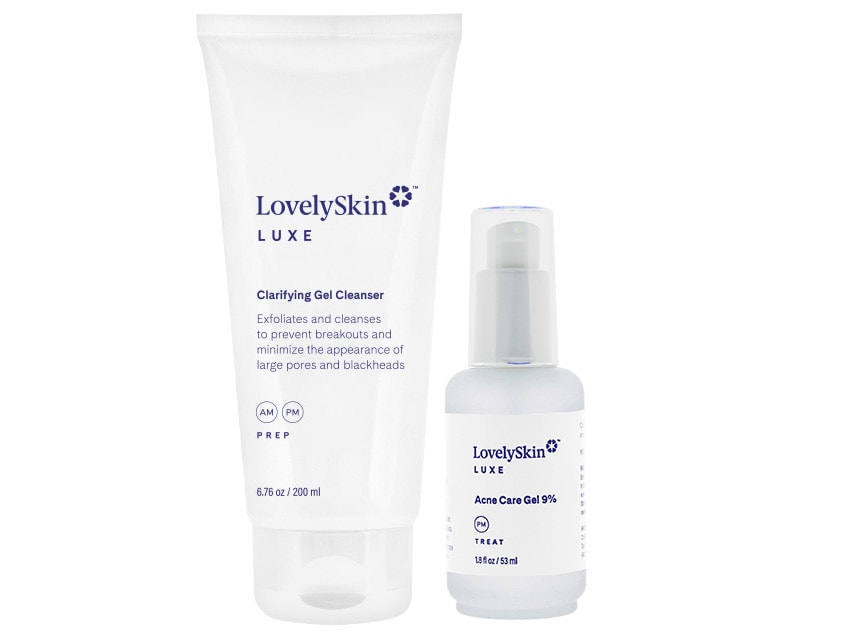
Washing your skin with a clarifying cleanser is a good place to start to help keep breakouts at bay. A favorite of Dr. Schlessinger’s is LovelySkin LUXE Clarifying Gel Cleanser, a gentle yet effective cleanser for acne-prone skin that combines 2% glycolic acid and 2% salicylic acid with 3% afaLUXE, a dermatologist-developed blend of amino-based filaggrin antioxidants, vitamin C and Dead Sea minerals.
You can follow that up with LovelySkin LUXE Acne Care Gel 9%, an all-over acne treatment with 9% afaLUXE™ that helps exfoliate away the dead skin cells that can lead to clogged pores and breakouts. It has a lightweight gel texture that absorbs quickly and invisibly into skin.
Remember, all skin types, including acne-prone skin, can benefit from regular use of a broad-spectrum sunscreen. You can learn more about the best non-tinted physical sunscreens for acne-prone skin on the LovelySkin Blog.


